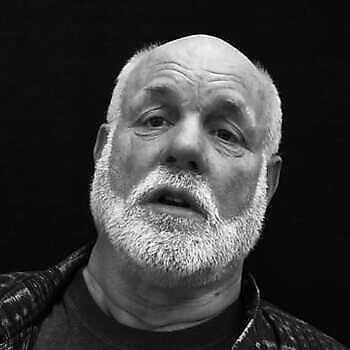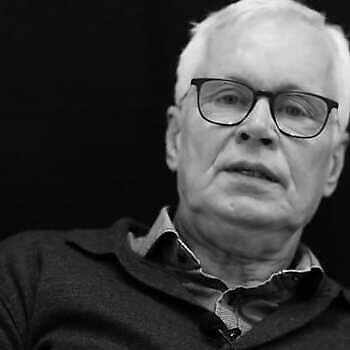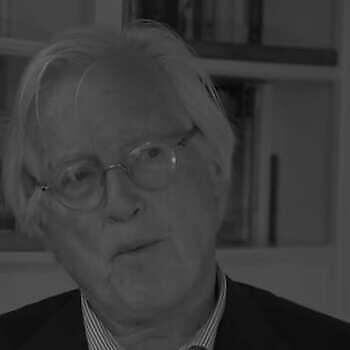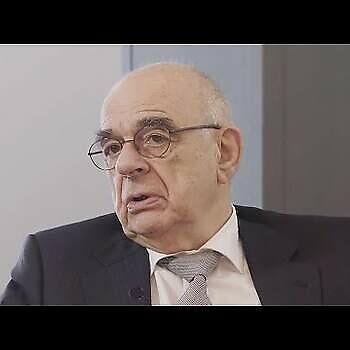The cause of underdevelopment was seen as unequal and unfair economic relations between the North and the South. Within the UN, there was a strong call for a New International Economic Order that included fair trade, fair prices for raw materials, and control over multinational corporations. In the South, attention shifted to small-scale initiatives and particularly to supporting and building of economic capacity.
Jan Pronk (PvdA) made poverty reduction the central objective, while simultaneously aiming for greater empowerment of developing countries (for example, at the fourth UNCTAD in Nairobi, where he managed to convince some of the rich countries to oppose the opposition of the large and most powerful countries). Pronk increased the total development budget from 1% of GNI (as pushed through by Udink) to 1.5% in 1976; a significant increase that also attracted international attention. However, actual spending on real development aid (ODA) during those years was far behind (hovering around 70% of the budget total) (see also Coppens 2019, table 6.1 p. 579). Tied aid remained common practice.
Development Thinking
Jan Pronk was inspired by a new vision of North-South relations, in which the Dutch Nobel laureate Jan Tinbergen had played an important role. The cause of underdevelopment was due to unfair economic relations between the North and the South. In the UN, developing countries advocated for a much fairer New International Economic Order. This included:
- industrialization in developing countries;
- fair trade;
- fair prices for raw materials;
- technology transfer;
- controlling multinationals.
World Stage
The 1973 oil crisis affected Pronk's policy, and a large part of the budget eventually went to the traditional components of aid. Due to the various political positions internationally, the Netherlands began to profile itself more prominently. The Netherlands liked to see itself as a "guiding country" and tried to assume a bridging role between Western countries and the Group of 77. Pronk joined an emerging progressive movement in Western countries and established cooperation between the Netherlands and several Scandinavian countries. However, it was not possible to force a breakthrough within the UN or the EEC.
There was also special attention for Indonesia. This led to a conflict between the two countries when Pronk criticized the handling of political prisoners. Indonesia interpreted this as a threat to stop aid and labeled it as neo-colonialism. Eventually, this led to an internal evaluation by Pronk's staff of Dutch aid to Indonesia in 1977. It was concluded that the continuation of aid was also dependent on Indonesian policy regarding political prisoners. This report was received with great objections within the ministries because a good relationship between the Netherlands and Indonesia was considered important. Therefore, the report was not sent to Parliament.
Suriname was a special case regarding bilateral aid. There were long and difficult negotiations about the forthcoming independence of Suriname. The implementation of the "comprehensive aid plan" was largely hindered by the refusal of Surinamese leaders to adhere to the agreements. Attempts by Pronk to encourage them to adopt a more serious policy were unsuccessful, while he at times also turned a blind eye to some issues (Coppens 2019, p. 601-613).
Sources:
- Nederlandse Ontwikkelingssamenwerking 1949-1989
- Ontwikkelingssamenwerking in vogelvlucht
- Biografie Jan Pronk
- Coppens, H.A.J. (2019), "Ministers voor de schone schijn? De eerste vijf ministers voor Ontwikkelingssamenwerking van Nederland", Hoofdstuk 6 Periode Pronk
- Pronk, J.P. (2020), Suriname, van wingewest tot natiestaat. LM Publishers, Volendam.
Notes:
Videos:
- Minister Pronk over drinkwater (polygoon journaal) - Beeld en Geluid
- Nederlandse ontwikkelingshulp in Indonesië (Polygoon journaal)- Beeld en geluid
- Suriname onafhankelijkheid (Polygoon journaal) - Beeld en geluid
Extra:



